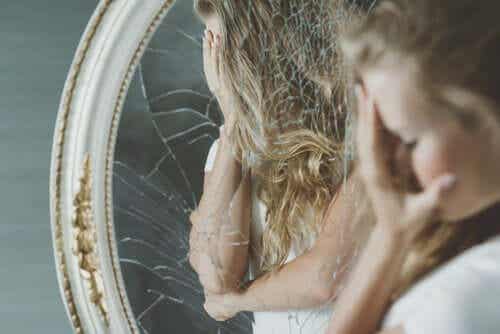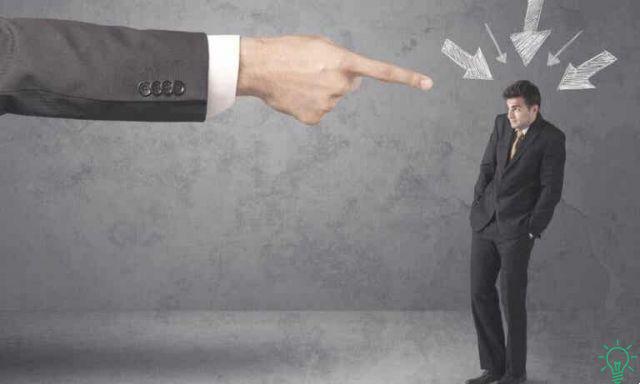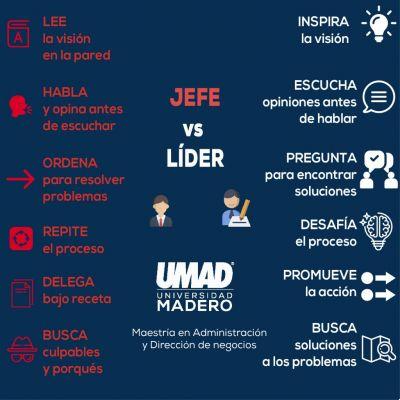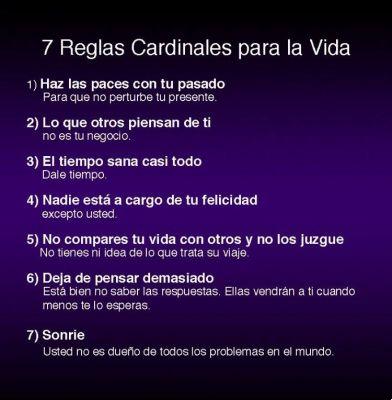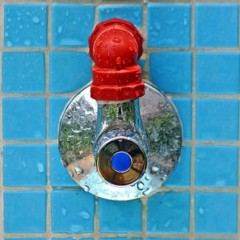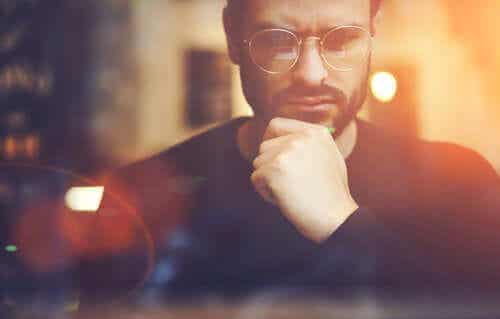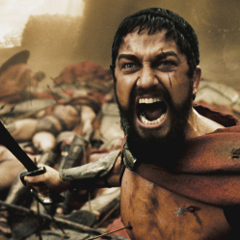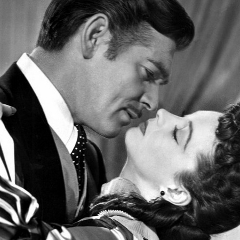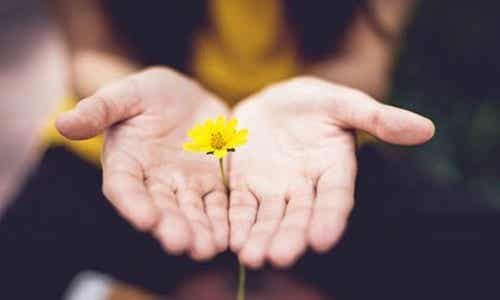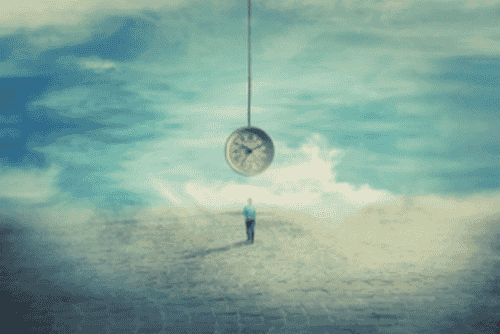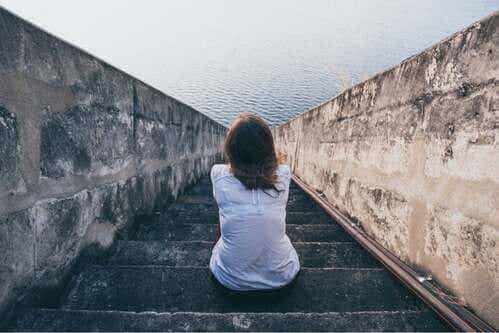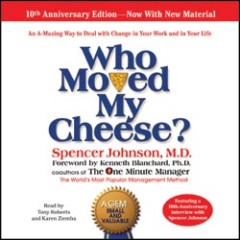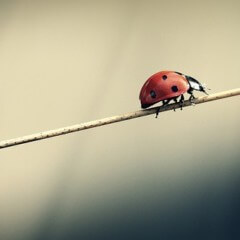What is minimalism? A fashion, a passing trend, the creed of those who do not accept our times? No, minimalism is a lot more (indeed, a lot less I should say) and it can really make us happier. In this article I explore this philosophy of life and as always I will try to give you concrete ideas to start experimenting on your skin what we will talk about.
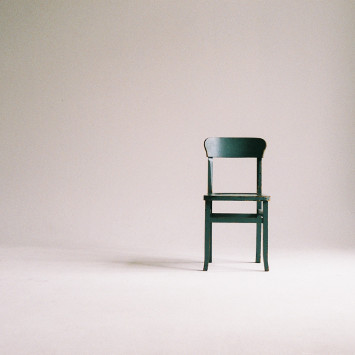
"Simplicity is the ultimate sophistication."
Leonardo da Vinci.
Lately you hear more and more talk of Minimalism.
Perhaps it is just a fashion or perhaps it is the natural consequence of an era of unbridled consumerism, the fact is that sector magazines, influencers, artists and companies among the most famous in the world profess and spread the Minimalism in 'architecture, in photography, in industrial design, in fashion, nell'art and even in the music.
But removed all the frills (cabbage, is it or isn't it an article on minimalism ?!), what is the true essence of this philosophy of life and, above all, how can we implement it to live more serene, happy and… light?
Da minimalist aspirant I have long searched for the best answers to these two questions and in the next few minutes I would like to share with you what I have discovered on my journey. Let's begin :)
What is minimalism?

There are several definitions and nuances of Minimalism:
- There are those who have a purely aesthetic conception of this philosophy and while appreciating minimalism in the design, In 'modern art and in 'architecture he ignores it in other areas of his life.
- There are those who see minimalism almost as a political or religious belief and embrace its principles to carry on their own battles of environmental defense e economic degrowth.
- There are those who more prosaically see minimalism as a simple approach to organizing their own wardrobe, your own casa and your own "vita".
Each of these schools of thought has strengths and weaknesses, but during my research I preferred to go deeper, to the essence of the question, and this is the definition of minimalism that most convinced me:
“Minimalism is the conscious search for what brings joy to our life and the voluntary elimination of everything else”.
I love this definition because it embodies the very principles of this philosophy: no words are superfluous and no necessary words are absent.
What emerges from this definition, for example, is that minimalism does not simply consist in the removal of objects: first of all there is a "conscious research"Of what makes us happy. Marrying the minimalist philosophy therefore means consciously choosing those objects, Those outdoor and those people that bring happiness, joy and serenity into our life.
Only once we have identified these “gems” in our life, will it make sense to start the process of elimination and this process too must be voluntary and not imposed by someone or something.
Much more could be said about the origins, often very ancient, of this human need to search for the essential, but in this article I promised you to answer two questions, without getting lost in unnecessary digressions and I intend to keep my promise.
Now that's clear to us what is minimalism, let's see how to concretely apply it in our life. Follow me.
Minimalism in practice
In this second part of the article I would like to see some together very concrete ideas to immediately put the minimalist philosophy into practice in our life.
Before doing so, however, it is important to clarify one point: minimalism, as we defined it a few lines ago, is not a fashion of the moment that you can read about in some glamorous magazine, but aneed of the soul.
Those who approach minimalism and really want to embrace this philosophy do so because they are tired of feeling their mind weighed down by superfluous, it does it because it needs to to breathe again, to go back to being more light, to break free from encrustations that they are chaining him to a life that has been imposed on him but that he no longer feels his.
If these needs have prompted you to deepen the theme of minimalism, the practical ideas that we will see shortly will be an excellent starting point for you. Let's see them.
Simplify your wardrobe

Talking about minimalist wardrobe after all, philosophizing about the needs of the soul might get some readers a smile, but you have to start somewhere and the wardrobe is a great candidate to take the minimal way.
But how do you simplify your wardrobe (and I am addressing myself above all to female readers) ?!
With a nice project 333™️ of course!
Project 333 is an idea of Courtney Carver, author of the blog "Be more with less" and it is nothing more than a challenge that consists in dressing for 3 months with no more than 33 items of clothing.
But let's see the rules of the challenge specifically, because as usual the devil is hiding in the details:
- The 33 items of clothing include clothes, accessories (belts, etc.), jewelry, jackets and shoes.
- The wedding rings and other jewels with which we have an emotional bond, underwear and gym clothing should not be counted in the list of 33 garments.
- Once the 33 items to wear in the next 3 months have been chosen, all the other items of clothing must be sealed in a box.
- The project has no masochistic purposes: if one of the chosen garments gets damaged or no longer fits, it can be replaced.
All clear? Let me know in the comments if you will undertake the project 333 ;-)
Simplify digital noise
Over the past 10 years, the tech has probably become one of the main sources of complexity in our life: the continuous flow of information with which we are bombarded every day creates in us anxiety, FOMO (fear of missing out), and a perennial state of alert.
Having a minimalist approach to technology means ...
"... consciously choose those tools and sites that bring us joy and voluntarily eliminate all the rest."
Yes, but how to do it in practice?
Well, I have written and produced a lot of content on the subject, because I am deeply convinced that a healthy use of technology is what will really distinguish those who will succeed in the future, from those who will be sucked into a perennial circle of distractions.
Here are some of my best resources on the subject. Read them, deepen them, then choose one of the many suggested strategies and put it into practice:
- Fifth chapter of "Win Your Time Back”(From p. 77 to p. 106).
- Item: "Nomophobia: a 3-step cure for cell phone addiction"
- Mine TEDx:
Simplify your spaces

They say that genes nurture their creativity thanks to chaos. Ball!
Creativity needs air, light and lightness to develop.
If the spaces in which we live and work are infested with disorder, this will unconsciously create in us a subtle but insistent mental noise, a mental noise that will slow us down, weigh us down, disturb us.
Living in minimalist spaces on the contrary will communicate to our mind a sense of well-being and lightness.
To simplify our spaces we certainly don't need complicated formulas, but a reading that can inspire you to start having a more minimalist approach at home and in the office is certainly the good thing: "The magical power of tidying up” at Marie Kondo.
Simplify your relationships
What does minimalism have to do with relationships ?! It has to do with it, it has to do with it ...
Relationships can be the greatest source of joy or stress for us. Knowing how to carefully select the people we want in our daily lives and (politely) distance ourselves from others can make a huge difference in our quality of life.
I know, the issue is thorny.
If relationships that cause stress and unhappiness are family ones, how can we “simplify” them? If instead they are necessary relationships for our work, how do we get rid of them? If we simplify too much and find ourselves alone, what to do next?
This is true for relationships as it is for everything else: we often choose to remain attached to something, not because that something gives us happiness (indeed!), But because we are terrified of change, we are frightened by the possibility of making bad choices and so we prefer a mediocre life, but that we know, rather than a risky leap in the dark.
I understand this fear, I really understand it, you can't imagine how much, but there is no alternative; until change becomes a commandment for us, nothing can really change (and improve) in our life.
Remember: mine is not meant to be an invitation to make risky choices, but make at least some of these choices!
Simplify your schedule

"The purpose of doing is not to produce more, but to have the time to live more"
And we have come to the end of this in-depth study on minimalism.
It is useless to get rid of everything superfluous we possess if it is the ones who really weigh us down a thousand commitments that clog our agenda, our days and our heads.
Even if we don't often hear about it in the blogs of the sector, freeing ourselves from too many professional and personal commitments is perhaps the first real step to take the minimalist path.
Simplifying your commitments, however, is easier said than done.
How can we really free ourselves from commitments already made? How to deal with the work commitments that are often not postponed? And family commitments?
Well, the first step is certainly to learn to say a few more "No": trivial, but still effective.
On the contrary, I will challenge you: today at least one commitment already made declines. You'll feel better, I promise.
In general, however, simplifying one's commitments requires a more articulated approach and slightly more sophisticated solutions.
It is no coincidence that I have chosen to dedicate an entire in-depth section of the Create Time course: If we don't relieve ourselves of unnecessary commitments, distractions and bad habits, we will hardly be able to create time for what we really love.
Ps. I don't know when you will read this article, maybe you are reading it today October 1st 2018, publication day, or maybe you will read it in 3 months.
To conclude: at least remember these words ...
If I had to reduce this article to the essential I would compress it in this single sentence:
“Minimalism is the conscious search for what brings joy to our life and the voluntary elimination of everything else”.
Here, if nothing else remains of this post, mentally write down at least these words, let them sprout in your mind and when they have done so, decide if it is time to take the path of minimalism; decide if it's time to live with more joy and lightness.




